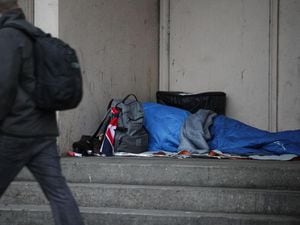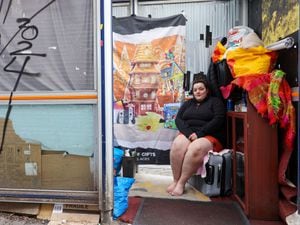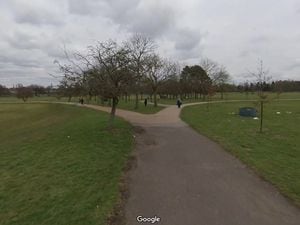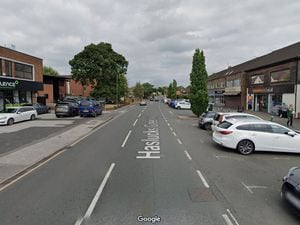Birmingham homelessness on the rise as 300 people per week ask council for help
Numbers of homeless people increased by 11.5 per cent last year – due to the lifting of the eviction ban and cost of living crisis.

The number of people asking the council for support rose from 270 per week in 2020 to 301 last year came after the eviction ban – put in place at the start of the pandemic – ended on June 1.
Bailiffs had been asked not to carry out evictions if residents had Covid or were self-isolating – while the notice period for evictions was extended from around two months to six.
In the summer of last year, the council was seeing around 400 people asking for support for homelessness per week. The figures were included in papers to yesterday’s housing and neighbourhoods overview and scrutiny committee.
Officers have also attributed the rise in 2021 to the winding up of the furlough scheme on September 30 and the increased cost of living.
The report to councillors states the number of people presenting as homeless each week is likely to rise further as a result of the end of the furlough scheme.
The papers also show the city was not meeting its target for the number of households living in temporary accommodation per 1,000 households.
In November 2021, the there was a rate of 9.33 households per 1,000 living in temporary accommodation, against a target of 8.70.
The council states it is working with the private sector to secure accommodation while “increasing and focusing on early intervention and prevention measures” among other responses.
The paper states: “The service has recently closed a tender opportunity to procure 2,000 units of private sector leasing as an alternative to B&B.
“The service is aiming to maximise homeless centre capacity; however, this remains an ongoing challenge due to social distancing measures that are still strongly recommended.”
A Birmingham Council spokesman said: “There is a national housing crisis and as the largest local authority in Britain this has particularly impacted Birmingham City Council.
“Homeless presentations represent people who come to the council seeking help on the basis that they may be homeless.
“These have increased from 2020 to 2021 but show significant variations over the year; this comes as a result of the pandemic, the lifting of the eviction ban, the furlough scheme ending and the increased cost of living.
“We are working with our partner agencies to intervene and help prevent people from becoming homeless in the first place, for example we are working with private landlords to prevent evictions in line with the governments Vulnerable Renters Fund.
“We would always encourage people to seek help early so that every opportunity can be taken to prevent homelessness.”
Requests were made for equivalent figures showing the number of people presenting as homeless per week for previous years.
Birmingham Council said the data collection requirements and law changed, making it “very hard to do comparisons”.





